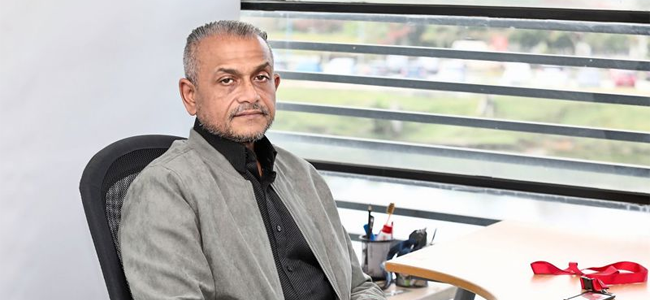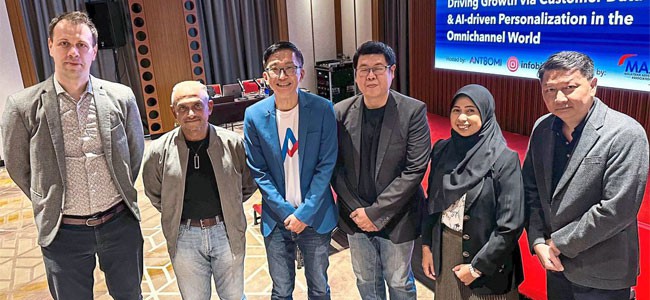PETALING JAYA: The World Federation of Advertisers (WFA), of which the Malaysian Advertisers Association (MAA) is a member, has officially introduced the global diversity, equality and inclusion (DEI) Charter for Change at the recent Cannes Lions held in France.
The aim of the charter is to drive real actions and improve the experiences for various groups working in the advertising and marketing industry.
It identifies actions for organisations to undertake to ensure a better work experience.
The charter was developed based on the inputs from the 2021 Global DEI Census which was the first-ever global industry initiative across advertising and marketing professionals in 27 markets including Malaysia to measure the scale of the diversity and inclusion.
Key driver
MAA president Claudian Navin Stanislaus said: “The introduction of the charter is timely as the industry steps up to embrace DEI.
“It will serve as a guide for both multinationals as well as local brands and agencies to implement changes to ensure the needs and perspectives of their various groups of talents are addressed.
“A diverse, equal and inclusive workplace is a key driver to talent retention and recruitment.”
He added that MAA is looking forward to being part of WFA‘s second wave of research on DEI in 2023.
The charter identifies 11 main action areas, four at a leadership level, seven to tackle challenges faced by specific groups as follows:
Action for leadership
> Create a diverse leadership team: Where groups are not represented, leadership must have strategies for short-term progress and beyond.
> Understand and democratise your company’s data: Leaders need to understand the data of inclusion: who is being promoted at every level and what barriers are holding particular groups back.
> Create transparent policies and publish them; Organisations must strengthen anti-discrimination policies and be transparent in policies, expectations of leaders and employees, and how to escalate situations when needed.
> Create psychological safety and support: Genuinely safe spaces allow employees to speak up candidly.
Companies must invest in qualified facilitation for these spaces and have clear rules of engagement.
Action to support under-represented groups
> Age: Providing continued coaching, mentoring, and career development for experienced and younger employees alike shows the organisation is committed to supporting and retaining all forms of talent, irrespective of age.
> Caregiving: Ensuring that decision-maker roles include leaders with caregiving responsibilities – for the young, but also for the elderly and the sick – can both serve as a positive example to others and encourage the adoption of flexible policies.
Adding emergency caregiver support to employer benefits plans can actively support those with caregiving responsibilities.
> Gender: Businesses need to understand and improve women’s lived experiences. Support plans need to be tailored to the cultural differences and employment conditions in each market, so that women feel valued and provided with sufficient support to progress their careers.
> Race and ethnicity: Creating programmes and spaces specifically designed to support and empower ethnic minorities helps show commitment and progress to populations that usually report poorer lived experiences.> Disability and neurodivergence: Businesses should prioritise actions which help normalise and improve understanding of all forms of disability.
Accessibility needs must be discovered and accommodated as part of the employee onboarding experience.
> Sexual orientation and gender identity; Companies must have policies in place to protect all employees including pay, bonuses, parental leave, health insurance benefits should be explicitly available to all employees.
Action on mental health
> Providing and continually promoting mental health benefits so that they are accessible and top of mind is important.
People managers should be trained in how to respond to mental health issues and have supportive discussions around mental health with employees.
Originally posted on The Star Online




